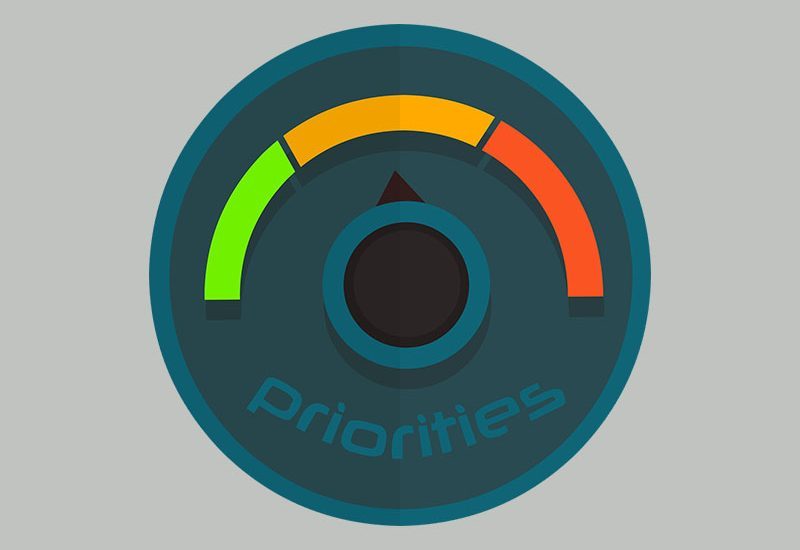
The Australian Financial Security Authority (AFSA) has three key focuses for the 2021-22 financial year, which were highlighted on July 1, with the release of AFSA’s Personal Insolvency Compliance Program 2021-22, Regulatory Charter and Regulatory Actions Cooperation and Support Policy.
Each year, AFSA establishes a compliance program based on trends and current issues in the personal insolvency system. The objective of its Personal Insolvency Compliance is to document focus areas for AFSA in order to maintain public confidence in the personal insolvency system and to support debtors and creditors by making compliance within the insolvency system more straightforward.
“The challenges of 2019–20 have demonstrated the importance of continuing to monitor trends, share information and respond to challenges that emerge,” states AFSA. “The central focus of our annual personal insolvency compliance program each year is how best to support debtors and creditors by making compliance easier. Registered practitioners also have a crucial role in maintaining public confidence in the personal insolvency system and are the focus of several items within the proposed Insolvency Compliance Program 2021-22.”
This year’s three areas of focus were identified following an evaluation of information and data available to AFSA, as well as through consultation with the profession. The policy underpins AFSA’s regulatory priorities and enforcement obligations for the coming year, particularly in relation to personal insolvency and the Personal Property Securities Register (PPSR).
AFSA’s key focus areas for the coming year are:
1. Support vulnerable users of the insolvency system – particularly in the wake of the COVID-19 pandemic, which may see more users enter the system.
2. Drive willing compliance and engagement.
3. Strengthen trust and confidence in the profession.
Malcolm Howell, Jirsch Sutherland Partner and Bankruptcy Trustee, says “the process must be simple and encourage compliance”.
“It’s going to be a tough few years for many people as we get through this pandemic. The stress on many debtors and their families is immense, and anything that can assist them to make informed decisions early will be beneficial and well received,” he says. “This is currently achieved through the use of offence referrals and extensions to the period of bankruptcy for non-compliance.
“Many users of the system will be the victims themselves and there is a need for compassion and humanity. Mental health issues must also be considered and addressed as they arise, and we all have a part to play in making sure the bankruptcy system provides solutions not just for the creditors but also the debtor.”
Here’s an overview of AFSA’s three focuses:
Supporting vulnerable users of the insolvency system
“When people are experiencing financial distress, they may not be able to make the right decisions for their circumstances. AFSA will provide objective and accurate information about their options and obligations. We will also take strong action against those who provide misleading information and untrustworthy advice,” AFSA states.
To support vulnerable users of the insolvency system, AFSA will:
- Ensure information is accessible and accurate at the right time through the appropriate channels.
- Ensure the public, especially those that are financially distressed, can make informed choices with accurate information about their personal insolvency options. “We will connect the public to free services to provide trusted advice about insolvency,” AFSA states.
- Disrupt people who provide misleading information and untrustworthy advice that risks the integrity of the personal insolvency system.
Driving willing compliance and engagement
AFSA aims to achieve this by:
- Better understanding and responding to compliance behaviours that lead people to comply. “We will also work towards addressing the root causes of non-compliance,” it says.
- Enabling compliance by making its systems easy to use, accessible, automated, personalised and secure.
- Engaging with stakeholders to gather important information and intelligence to address risks and harms in the industry.
- Publishing benchmarks for the profession to aspire to and recognising industry leaders.
- Collaborating with other regulators and using the full range of our powers to address non-compliance.
- Encouraging debtors and creditors to comply with their obligations in a timely manner.
Strengthening trust and confidence in the profession
In order to achieve this, AFSA will:
- Strengthen practice management by monitoring controls and complaints.
- Provide guidance and raise awareness of the need to appropriately manage information, data and cybersecurity.
- Seek assurance that practitioners are maintaining their required hours of continuing professional development.
- Use our statutory powers to elicit cooperation and support the efficient administration of estates.
- Be intelligence and data driven to proactively target unexplained delays and unnecessary remuneration.


